Building Relationships Through Books
Books that build a bridge and foster connections between children, adults, and peers
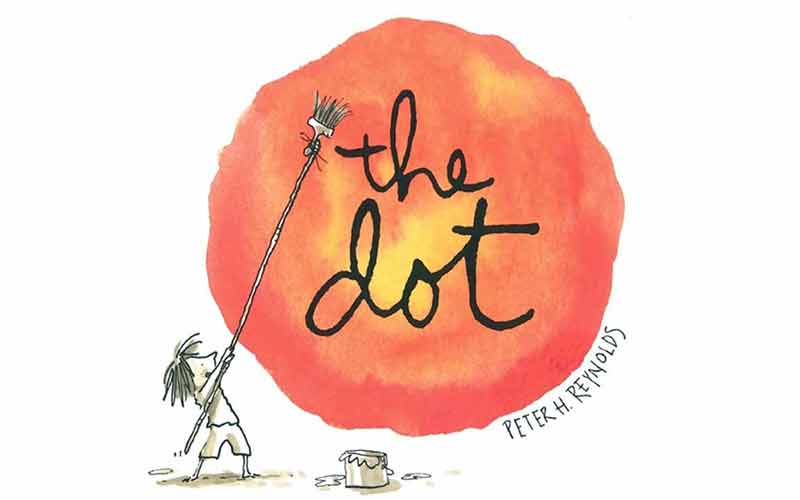
The Dot
Written and illustrated by Peter H. Reynolds, this story illustrates how a sensitive, responsive teacher helps a young artist finds inspiration in her own artwork.
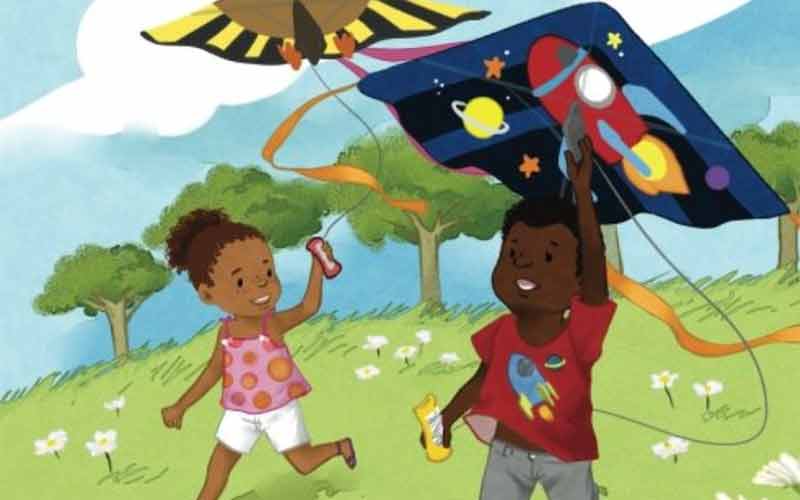
Benny Doesn't Like to Be Hugged
Written by Zetta Elliot and illustrated by Purple Wong, this is a simple, yet beautiful story about a friendship between a child with autism and a typicially developing child.
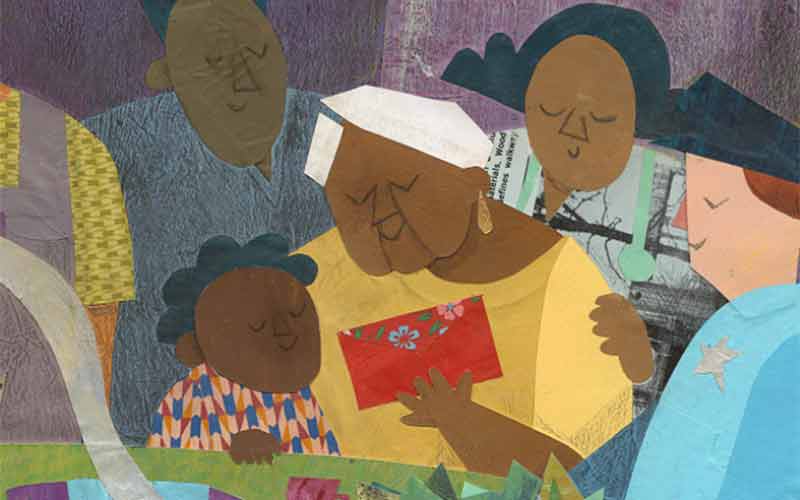
Thank You, Omu
Written and illustrated by Oge Mora, Thank You, Omu is a story about how small acts of kindness, like sharing, can bring a community together.
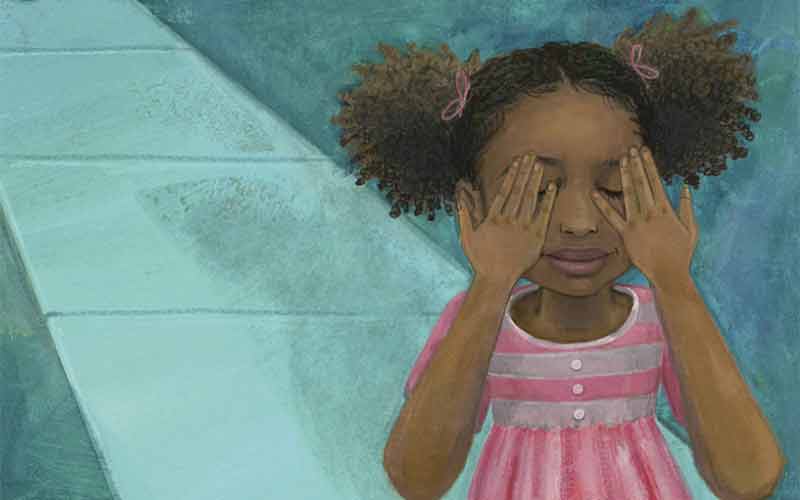
The Night is Yours
Written by Abdul-Razak Zachariah and illustrated by Keturah A. Bobo, this story is about a little girl who makes sure to include everyone in her game of hide-and-seek.
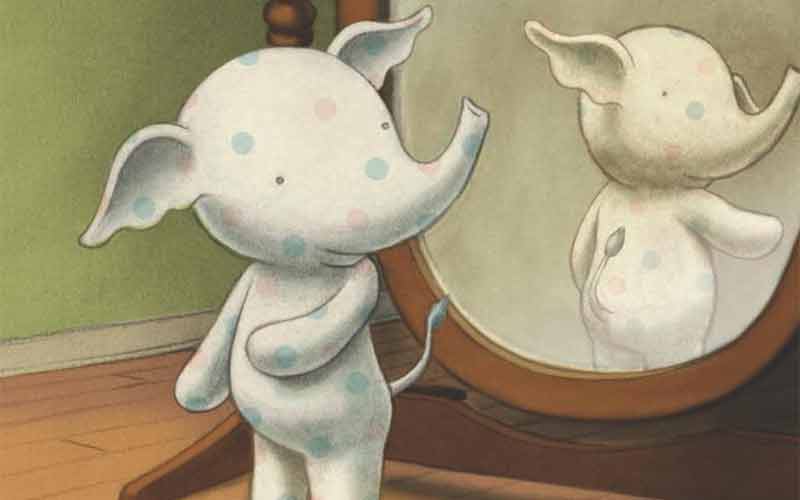
Little Elliot, Big City
Written and illustrated by Mike Curato, this is a story about a small elephant who faces some challenges throughout his day. But with the help of a new friend, no challenge is too big.
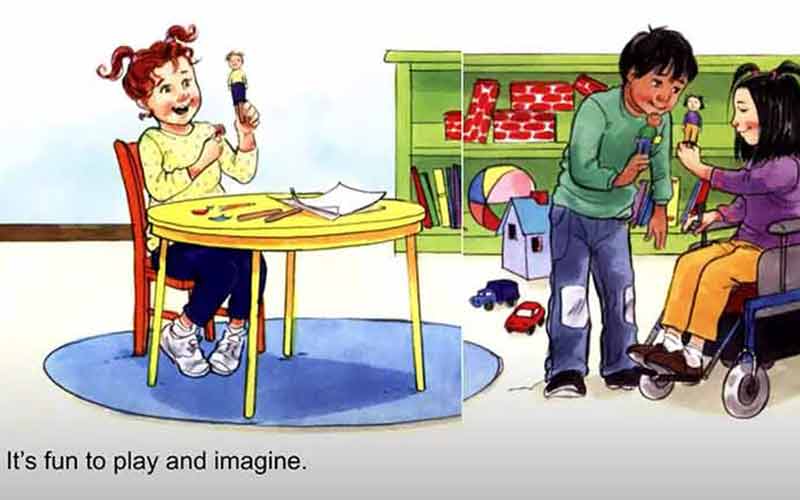
Share and Take Turns
Written by Cheri J. Meiners, this book provides many opportunities to talk and think about social situations that young children may encounter in the classroom, such as sharing toys or taking turns.
TEACHING THROUGH BOOKS
Key Takeaways
Highlight teachers as a resource
Teachers can help children view them as a resource by sharing stories that feature adults showing empathy and working together with children to find solutions.
Explicitly teach social skills
Reading books that explicitly teach social skills can help all children learn how to interact with peers in a positive and respectful way.
Focus on problems and solutions
Preschool children are still learning how to share, take turns, and work collaboratively with their peers. Teachers can help children develop social problem-solving skills by discussing how characters in stories encounter social challenges and solve problems together.

